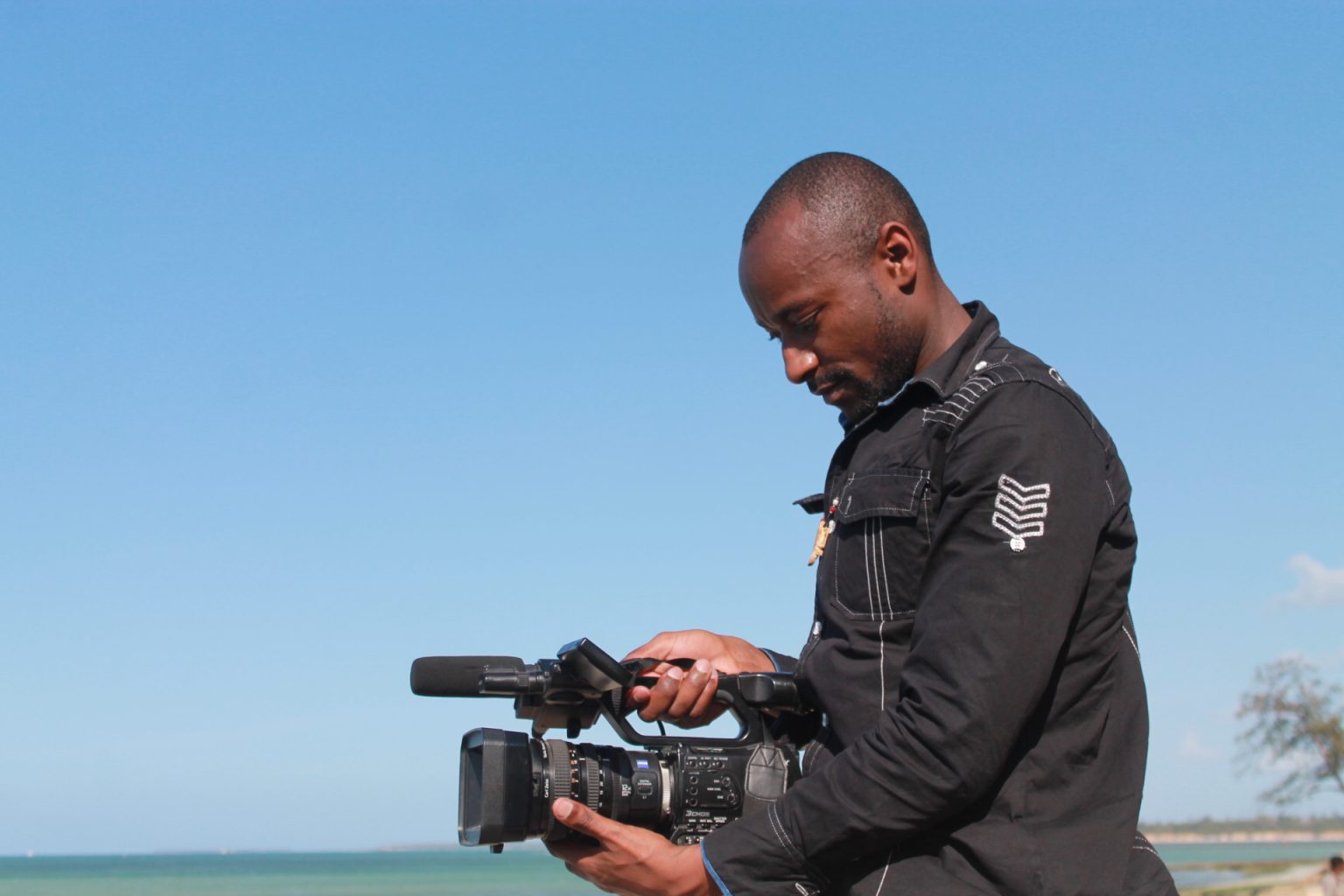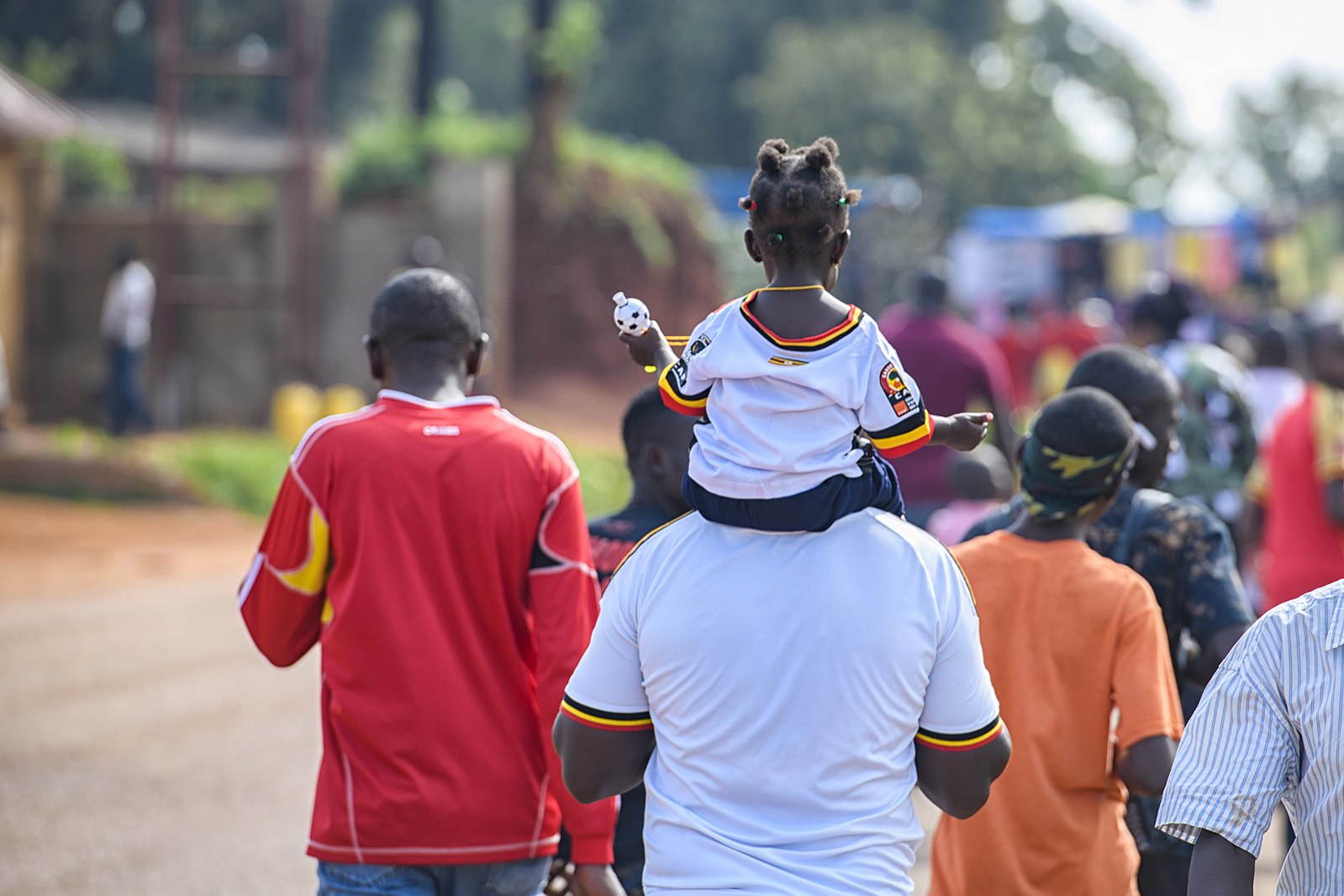Africa has to maximise global links, both on and off the pitch

On 28 October 2023, South Africa’s national team – the Springboks – capped off a successful year for continental sport by winning the Rugby World Cup. As Siya Kolisi lifted the William Webb Ellis trophy in Paris, however, many South African fans lamented the fact that their team captain was set to remain in the French capital indefinitely. Kolisi now plays rugby for French Top 14 club, Racing 92.
As much as Kolisi has defined South Africa’s sporting revival – leading the Springboks to two successive Rugby World Cup wins – he was always likely to join a foreign club at some point. This reflects both the financial benefits of playing in Europe and the potential to take his career to a new level. Nor is Kolisi anywhere near an outlier: a 2021 Daily Maverick analysis found upwards of 500 South Africans playing professional rugby for foreign clubs around the world.
Harnessing overseas talent
South African rugby joins many continental sporting counterparts in having to manage domestic talent in a global market; however, the Springboks’ continued success is partially down to effective management of the pressures.
Half of South Africa’s Rugby World Cup winning squad were based outside of the country. While SA Rugby, the national sporting federation, had previously aimed to discourage this dynamic, it now aims to manage the reality of being part of a global game. Recognising that it needed to tap South African talent across the globe in order to build the best possible squad, the Springboks based assistant coach Felix Jones in Dublin in the lead up to the tournament, in order them to liaise with, and manage, players based in the UK, Ireland, France and Italy.
Many of the continent’s other sporting moments this year had international influence. The new men’s world marathon record holder, Kelvin Kiptum, has never run a professional marathon in his native Kenya. In football, South Africa’s women stunned Italy to reach the last 16 of this year’s World Cup, relying on a core of foreign-based players. Similarly, the Moroccan men’s team that made the 2022 World Cup semi-final had a majority of players born outside of the country.
While domestic fans, events and leagues would likely be stronger were these athletes all domestically based and oriented, that is increasingly unrealistic as players grow in stature and recognise the opportunities overseas. It is not just the financial incentives, but also the value of well-utilised international links that matter. Players based abroad benefit from the enhanced network effects of global competitions and the additional exposure to new training methods. If utilised well, these can flow back into local competitions and enhance Africa’s competitiveness in the long-term.
Reversing the brain drain
Of course, this phenomenon is not unique to sport. African countries have long contended with losing top talent to opportunities overseas, depriving domestic markets of valuable skills. This dynamic is unlikely to change in the short-term – despite increasingly stringent migration restrictions in the Global North. However, African countries are now thinking innovatively about how to leverage their diaspora populations and attract skilled nationals back home. Ghana’s 2019 Year of Return received significant attention, though while it injected tourism with a short-term boost, its lasting impact is more doubtful. Kenya has recently prioritised diaspora engagement for foreign service officers, correctly identifying this as linked to trade and investment priorities. If executed well, this engagement could help the country utilise not just the remittance payments of its estimated 500,000 citizens abroad, but also the skills they have gained.
Leveraging the talents of the diaspora requires thinking proactively about creating an enabling environment for foreign-based skills abroad to have maximum impact domestically. In this, public policies – such as those of national sporting federations – matter. Successful policies look beyond the revenue loss or gain from individuals and to the broader societal gain from their access to global markets and skills
Balancing ease of return with policies that funnel impact into growing the domestic skillset is tricky. Countries have, far too often, presumed this impact would flow from targeting skilled foreigners to take on senior government or private sector domestic positions without putting in place clear structures or incentives for them to pass on the skills they had gained abroad. Local training requirements, as are often a condition for work visas, could help mitigate this. So too can prioritising partnerships that link domestic businesses and governments to the overseas entities where these individuals gained their experience.
Rethinking migration
More so, government policy often does not recognise the barriers that elements such as immigration policy place to utilising these skills, excluding the partners and children of the skilled people they’re targeting from the societies they are hoping to build. Many of the Moroccan players who took the field against France in Africa’s first World Cup semi-final may not have been born there, and at least one of their parents is likely not a Moroccan citizen. While FIFA’s eligibility rules enabled them to continue to play their part in their national story, alas many countries’ immigration policies are not as supportive.
As African countries consider how to utilise their growing demographic dividend this should be front of mind. Skilled citizens won’t stop studying, working or playing sport abroad, but more can be done to harness their contribution to national identity.
About the author
Rafael Friedman is a consultant at Africa Practice, based in Nairobi. He can be contacted on [email protected].
Proud to be BCorp. We are part of the global movement for an inclusive, equitable, and regenerative economic system. Learn more


